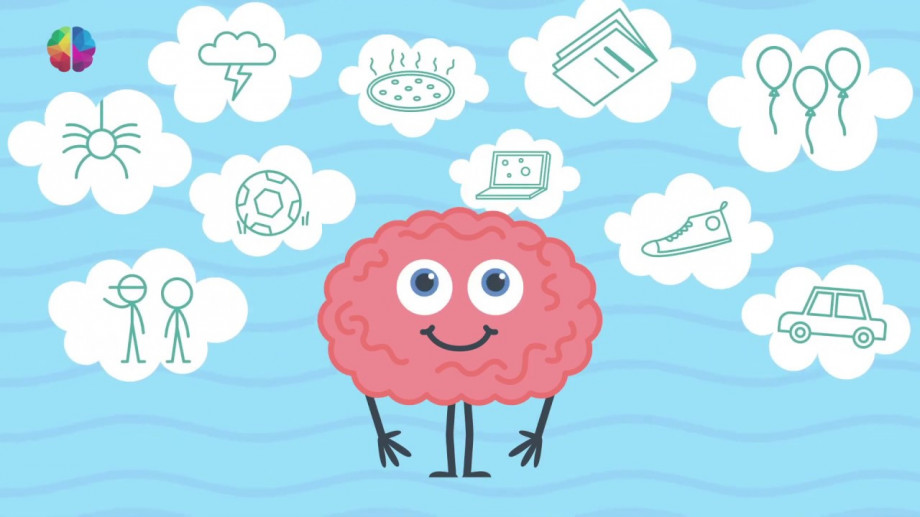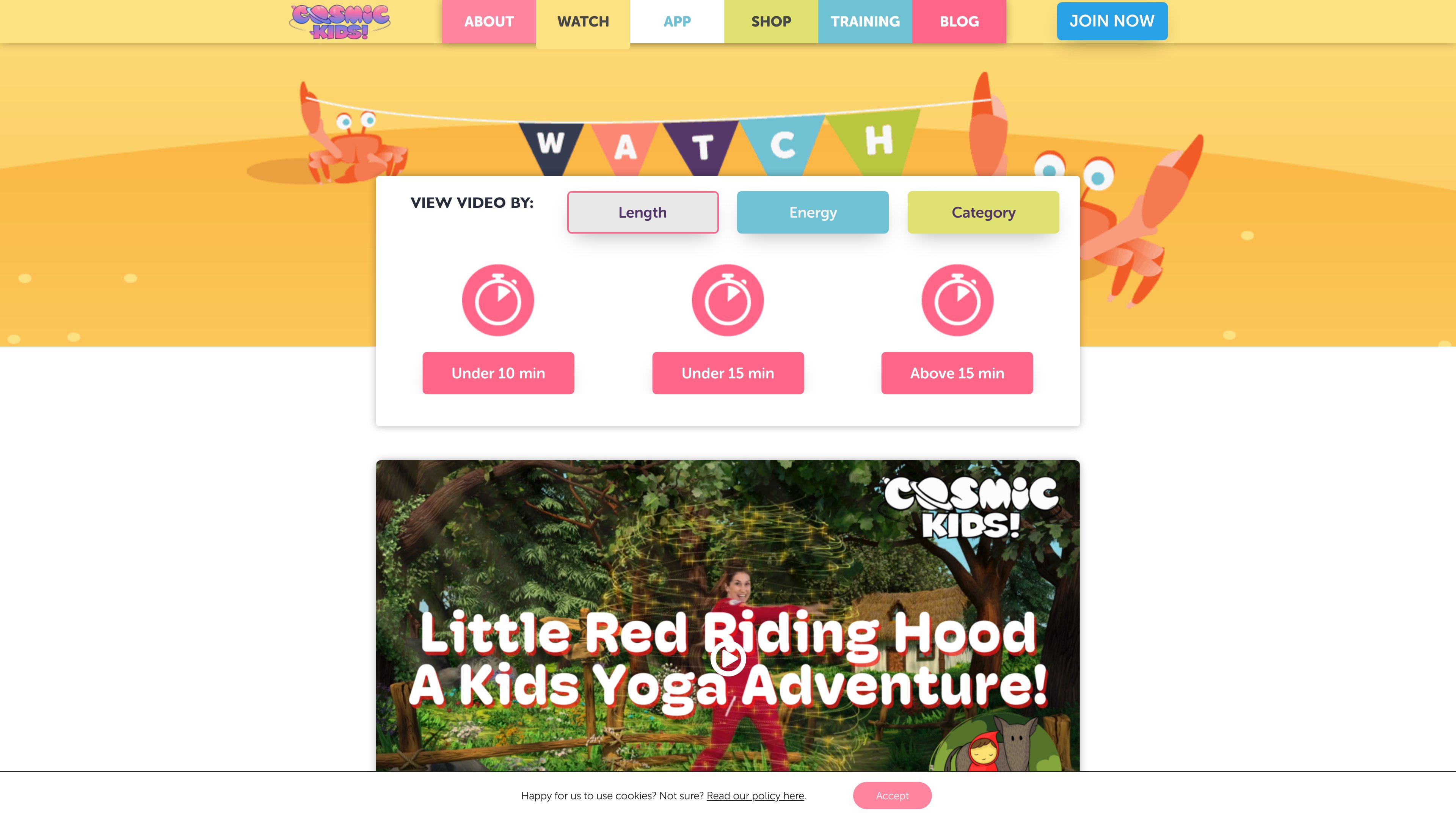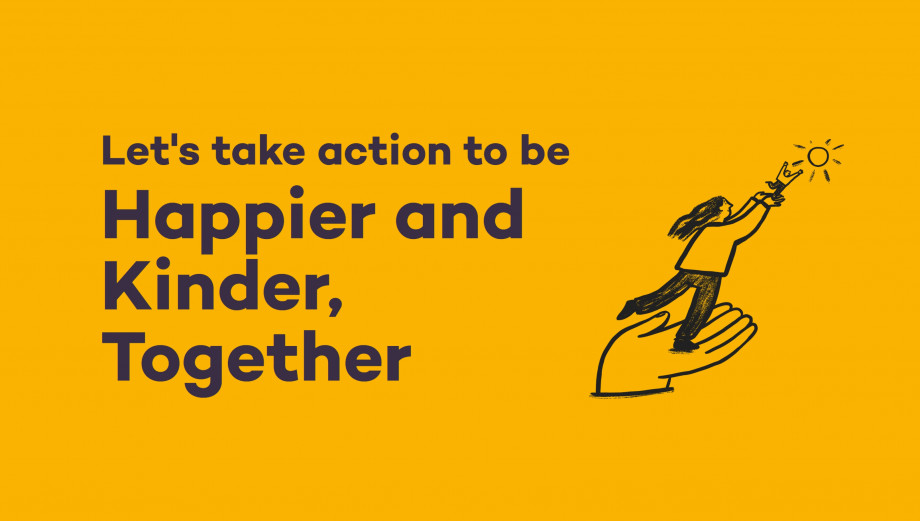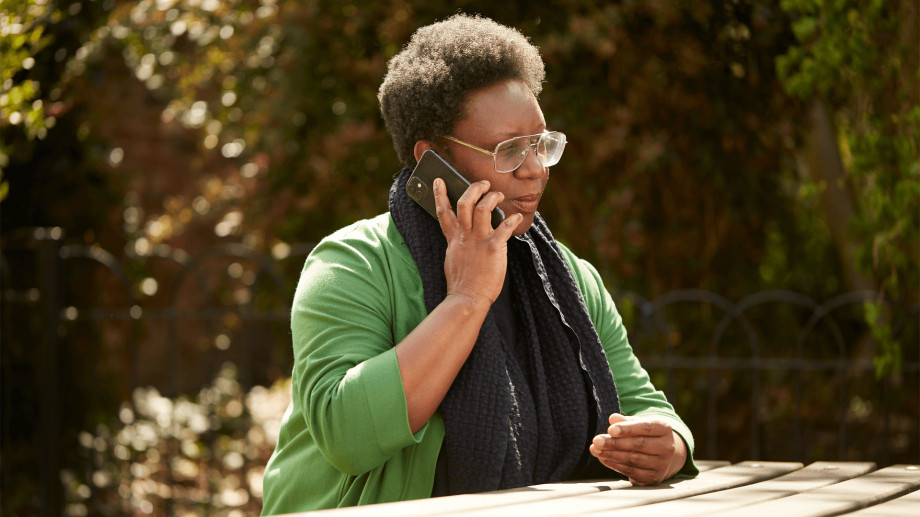Did you know.....
- One in six children aged five to 16 were identified as having a probable mental health problem in July 2021, a huge increase from one in nine in 2017. That’s five children in every classroom.
- The number of A&E attendances by young people aged 18 or under with a recorded diagnosis of a psychiatric condition more than tripled between 2010 and 2018-19
- 83% of young people with mental health needs agreed that the coronavirus pandemic had made their mental health worse.
- In 2018-19, 24% of 17-year-olds reported having self-harmed in the previous year, and seven per cent reported having self-harmed with suicidal intent at some point in their lives. 16% reported high levels of psychological distress.
- Suicide was the leading cause of death for males and females aged between five to 34 in 2019.
- Nearly half of 17-19 year-olds with a diagnosable mental health disorder has self-harmed or attempted suicide at some point, rising to 52.7% for young women.
Statistics from, Mental Health Statistics UK | Young People | YoungMinds
Mindfulness
Mindfulness is paying attention to what is happening in the present moment. It may be what you are feeling, hearing, or anything else you notice.
Studies show that the benefits of mindfulness for children may include:
1. Increased focus, attention, self-control, classroom participation, compassion.
2. Improved academic performance, ability to resolve conflict, overall well-being.
3. Decreased levels of stress, depression, anxiety, disruptive behavior.
Useful links for mindfulness:
At Colvestone, children have given an opportunity throughout the day to to take a ‘time out’ from all our busy thoughts and take a moment to just relax and breathe. Each week, the children are introduced to a new breathing technique. They can help when we are feeling, sad, scared, angry or excited. The children at Colvestone say:
"Breathing helps me feel calm."
"I do breathing when I am feeling angry and it helps me stop being angry."
"It helps me focus."
Below are some of our breathing techniques, why not try them at home.
Organisations
Provides resources and ideas for actions to reduce and prevent mental ill health.
Anna Freud National Centre for Children and Families
Tel: 0207 794 2313
Email: info@annafreud.org
Children’s mental health charity
Aims to help young people who have lost someone feel less alone, and gives information on where they can get more support.
Get help and advice about a wide range of issues, call us on 0800 1111, talk to a counsellor online, send Childline an email or post on the message boards.
Tel: 0808 808 1677 (weekdays 9am-5pm)
Email: helpline@cruse.org.uk
Offers support, information and advice to children, young people and adults when someone dies.
Free online support for young people delivered by qualified counsellors via chat based services.
Mental Health and Behaviour in Schools
DfE developed advice and tools to help support schools promote positive mental health and identify and help those in need.
Tel; 0300 123 3393 (weekdays 9am-5pm)
Text: 86463
Email: info@mind.org
National mental health charity.
A learning programme for teachers and pupils based on Positive Psychology and mindfulness
Support to young Muslims in distress. They offer email support, a helpline and online internet counselling.
Tel: 116 123 (anytime)
Email: jo@samaritans.org
Confidential emotional support service.
Tel: 0808 802 5544 (weekdays 9.30am-4pm)
Charity committed to improving emotional wellbeing and mental health of children and young people, and empowering parents and carers.
Tel: 0808 802 5544 (weekdays 9.30am-4pm)
Charity committed to improving emotional wellbeing and mental health of children and young people, and empowering parents and carers.



























